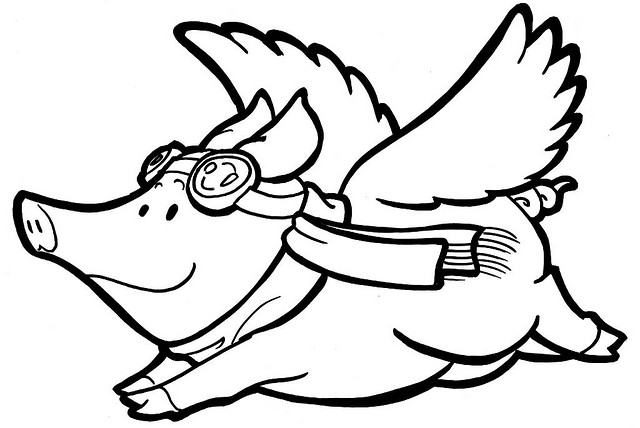5 of my favorite idioms in English Posted by Gabriele on Oct 20, 2015 in English Language
I recently read a fun and interesting post on a blog that I’ve shared with my readers before, the TED Blog. This post was about idioms from around the world that can’t be translated literally (or exactly). It is a great read. You might want to see if your native language was represented in the post. Here is the link to check it out if you are interested: http://blog.ted.com/40-idioms-that-cant-be-translated-literally/
The truth is most idioms can’t be translated literally, that is part of what makes idioms idioms. By definition an idiom is a group of words with an established meaning that is different from the meaning of the individual words that make up the phrase. I have introduced many idioms on this blog over the years and today I have five more. The idioms I’m sharing today don’t center around a theme, which is how I usually present idioms here, but instead they are simply some of my favorite idiomatic expressions in English. These are among my favorite idioms partially because they are fun and strange and they really don’t translate well. I hope you enjoy them.
My top-5 English idioms:
to bite off more than you can chew – Imagine your favorite meal is just presented to you and in your excitement to eat you take a really big bite of food, too big of a bite. Now you have more food in your mouth than you are able to chew. That is the literal sense of this idiom, but this idiom is used to mean that someone is trying to do more than she/he can handle.
Example: I bit off more than I could chew by starting my new job and starting graduate school at the same time.
water under the bridge – As water passes under a bridge it moves on its way and doesn’t come back. This is the idea behind this idiom, which means something has happened and it cannot be changed. There is also a sense with this idiom that one should let go of trying to change the past.
Example: The presentation did not turn out how Paula planned, but that is all water under the bridge now. It is time to think about the next presentation.
to sweep something under the carpet – If you sweep dirt under the carpet or rug you are hiding it, rather than dealing with the dirt, throwing it out, and actually cleaning up. In the moment it might be easier to sweep the dirt under the rug, but in the end it makes more of a mess. That is what this idiom is saying on a more general level. This idiom is used to say that someone is trying to hide a problem, or trying to keep a problem a secret, instead of dealing with it.
Example: You can’t sweep your anger toward John under the rug forever.
you can’t judge a book by its cover – Think of how many times you have seen a book cover that was really interesting, pretty, or flashy, but the book itself was not that good. Or the opposite, how many awesome books have you passed up reading because the cover did not look good? This idiom does not only apply to books, in fact it can be used more widely, with a similar sense. This idiom implies that people should not make judgments based only on outward appearances.
Example: When I first met Amy I didn’t think she was very interesting, it turns out she is just shy. She is a really well-traveled and well-read person. It just goes to show: you can’t judge a book by its cover.
when pigs fly – Have you ever seen a pig fly? No? Me neither. That is what this idiom is about – things that never happened. It is just a funny and whimsical way of saying “no way” or “never.”
Example:
A: Julia, when are you going to try skydiving with me?
B: When pigs fly!
Do you have a favorite or funny idiom in your language that you could try to explain to us in English? No, it won’t translate literally, but maybe you could give us an idea of what it means by explaining it.

Build vocabulary, practice pronunciation, and more with Transparent Language Online. Available anytime, anywhere, on any device.
About the Author: Gabriele
Hi there! I am one of Transparent Language's ESL bloggers. I am a 32-year-old native English speaker who was born and raised in the United States. I am living in Washington, DC now, but I have lived all over the US and also spent many years living and working abroad. I started teaching English as a second language in 2005 after completing a Master's in Applied Linguists and a Certificate in English Language Teaching to Adults' (CELTA). Since that time I have taught ESL in the United States at the community college and university level. I have also gone on to pursue my doctorate in psychology and now I also teach courses in psychology. I like to stay connected to ESL learners around the world through Transparent Languages ESL Blog. Please ask questions and leave comments on the blog and I will be sure to answer them.





Comments:
paul:
The English language has more than 1,000,000 words and is one of the most flexible languages in the world. It’s a living language, like those other languages we use today. Understanding the lexicon of English demands more than knowing the denotative meaning of words. It requires its speakers to have connotative word comprehension and more, an understanding of figurative language. Idioms fall into this final category.